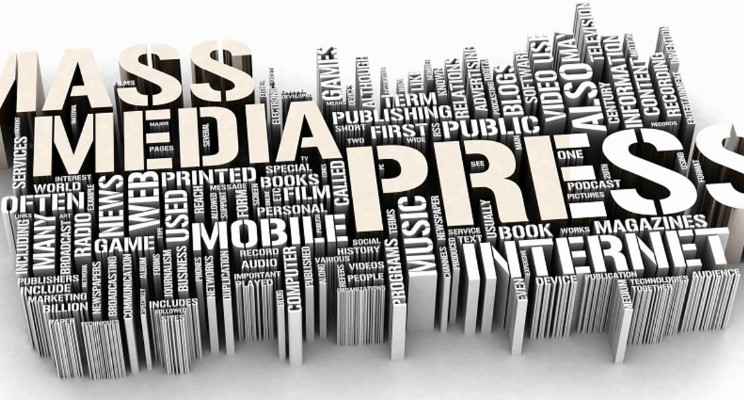
Need Help Building a Highly Targeted Media List for Your PR Campaigns?
Please contact Front Page PR for a free 30-minute consultation!
How to Build a Database of Targeted Media Contacts for PR Campaigns
One of the most important steps in launching a successful public relations campaign is compiling a list of all possible media outlets that might potentially write up or broadcast a news story on your company and its portfolio of products and services.
In today’s world of unlimited blogs, social media services, radio/TV stations, newspapers, magazines, business journals, trade publications and newsletter media outlets, sometimes it is hard to see the forest through all of the trees.
Defining a Target Audience to Select the Best Publications for News Coverage
So how does Front Page PR decide which media outlets will be the most appropriate media outlets to pitch a news story to in order to get an article written?
The best answer to this question really depends on another question, “Who is your target audience?” The right way to select media outlets is based on the composition of readers/viewers that each outlet has in their target audience database, which match the right demographics and have the purchase decision power and authority to buy your products or services.
This is known as “audience composition.” The only way to determine what type of readers/viewers a media outlet has is to read through their media kit and analyze their readership audit statements or review their Neilson or comScore Gross Rating Point (GRP) reports for broadcast and electronic media outlets, all of which provide detailed numbers on who we will be able reach by advertising on their media outlet. However, instead of purchasing advertising space next to editorial stories, we place products and services in the actual stories, which result in highly credible free media exposure.
Building a Clean and Highly Targeted PR Media List to Generate News Stories
Front Page PR uses very expensive PR database tools such as Cision, Meltwater and Vocus to do sorts on every media outlet in the United States to find reporters based on keywords in their news coverage bios and the last several articles they have written. These services cost $3,000 to $5,000 per year, but are a critical tool in creating targeted PR campaigns that reach the correct target audience.
These tools make it very easy to do a sort and generate a list of several hundred reporters that cover a subject matter. It is a very time consuming process to clean these media lists and purge reporters that do not fit the right profile. This is why high-end PR firms charge more money for our services. It is also why our success rate is significantly higher than cheaper PR firms that want to sell you their services online with a credit card without ever offering the opportunity to talk to a live PR contact.
The initial sorts on “beats” or “keywords” will generate a list of 300 to 1,000 reporters based on their bios and magazine descriptions. The challenge is that even though the keywords we are searching for might be in an article, the context in which the words are used might be incorrect, thus a reporter is not a really a good target and needs to but purged from the list.
Thus, all PR database sorts still need to be cleaned in order to weed out reporters that may have the right keywords in their bio, but haven’t written about the subject matter in many months or perhaps they have a tendency to write negative stories. We have to Google search every single reporter on the list to find out what types of stories they like to write and whether or not our stories are a good fit for their editorial environment.
This is very important because generating a news story in a trade publication that contains 85% of the correct target audience will be much more effective than receiving an article in a local newspaper with a much higher circulation, but only contains 5% of the correct target audience.
More Links to Research: